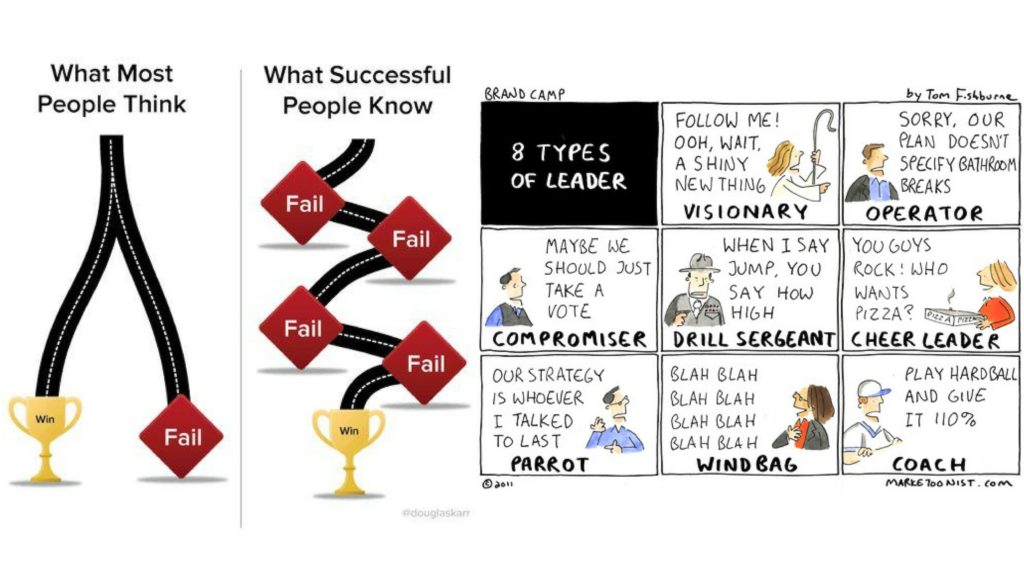Minimalist planning – less is more!

Margaret Thatcher once said, “plan your work for today and every day, then work your plan.” She was right. In a demanding career like teaching, it is essential to have a plan.
Not just for your daily tasks, but for your long-term progression in the profession. If you are seeking senior leadership, then you must first attain a middle leadership role; if you would like to be a mentor, you will have to be mentored.
But first, you must master the art of minimalist lesson planning. Most senior and middle leaders will agree that they spend very little time planning their lessons, as much of it is spent fulfilling wider-school responsibilities.

Here are a few tips to help you reduce your lesson planning time.
1. Be a minimalist planner
Minimalism is the deliberate rejection of all that is unnecessary. That said, it doesn’t encourage you to be lazy, but to be extremely efficient. Refine your lessons, so that every activity, image, or bullet point is entirely related to the lesson objective. Invest your time thinking of a thought-provoking starter, a useful practice task and challenging questioning.
2. Stick to 1- 4 PowerPoint slides
Cut out the gimmicks. An efficient planner does not have time for elaborate PowerPoints and pupils rarely care for them. Your first slide should include an engaging starter that naturally leads to the lesson objective(s). Followed by some teacher modelling and whole-class assessment. The practice slide should include the main task and success criteria. Then allow a slide for peer-assessment and finally, a meaningful plenary. Remember MAPA (model, assess, practice, assess).
3. Focus on the big picture and work backwards
What do the pupils need to have achieved by the end of the term, month, week, lesson? Ask yourself that question when you start to plan your first set of lessons and your planning will come together quickly. What skills do the pupils need to master before the exams and how will you get them there? Will you cover the literature chronologically or thematically? What will help the pupils retain the content and skills for longer?

4. Don’t plan too far ahead
Some teachers like to plan all their lessons for the half-term in one sitting. Although this can help you mentally prepare for the term, it can be prescriptive. So use your marking to inform your planning. When you assess your pupils in lessons or mark their books, you will soon discover their areas of development and can adjust your planning accordingly.
In the face of the increasing demands of the teaching profession, and constant changes to the GCSE specifications, think about how efficient you can be.
Avoid thinking about what you are not doing and focus on what matters. Embrace minimalistic planning – less is most certainly more!








Responses